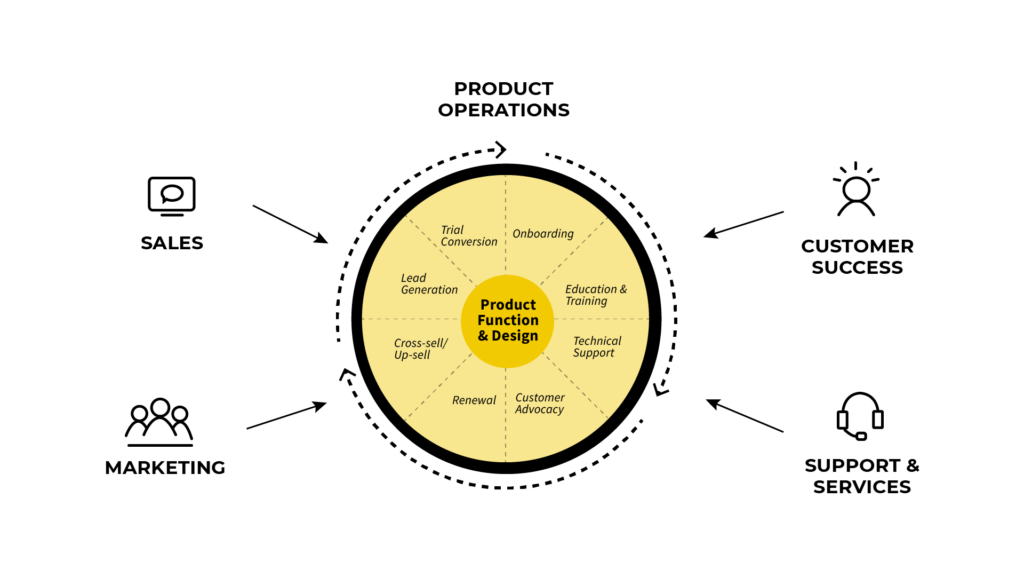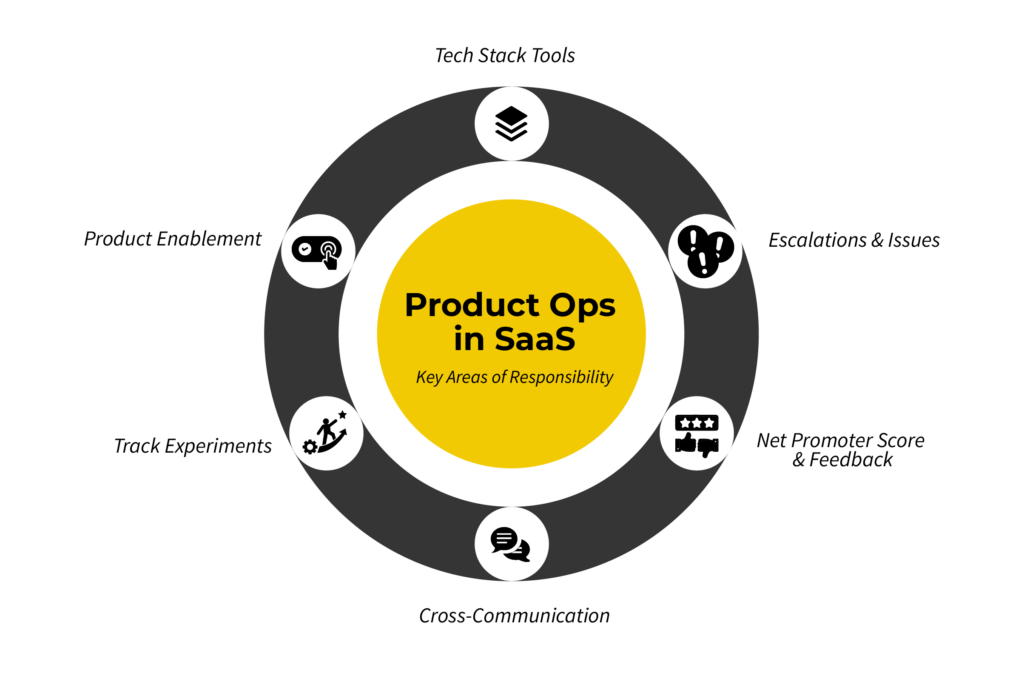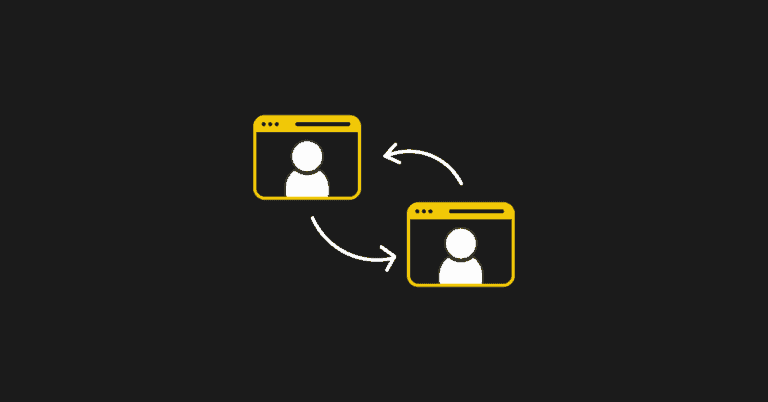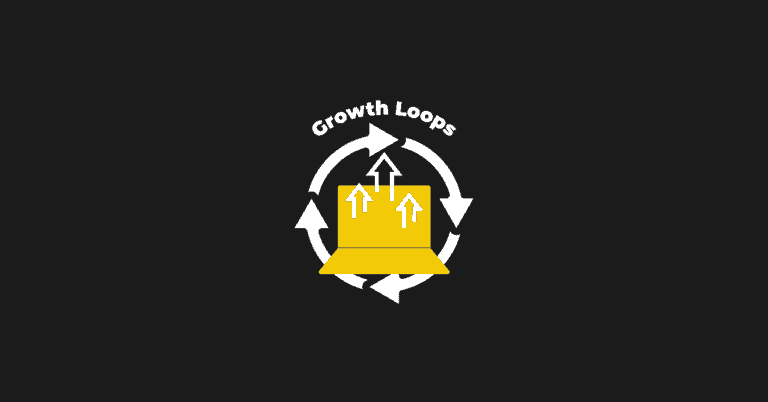If your primary goal is to build a product-led organization, you need to understand how product operations (product ops for short) relates to achieving that goal.
In this article, I reveal how product ops emerged at Pendo. Also, I explain the importance of the role in the product management space and the future of product ops today.
Before we dive in, there’s something you should know. Just as companies and people evolve, so do roles, and this is just one of the reasons why we feel product ops is on the rise within the product management discipline.
It's also why you're seeing more and more companies hire a dedicated product operations manager.
It’s not just us saying that, though. Let’s take a look at the data.

As you can see, product operations as a role and viable skill on LinkedIn is on the rise. So, what does this mean for people in the product management space?
Let’s find out…
The Evolving Role of Product Management
People were more gut-driven in the early days of product management.
The product manager would have all hands on deck when a customer wanted something done, even the most minor tasks. They took a lot of customer requests and rarely looked at the problem that needed to be solved so the client could learn from it.
Nowadays, product managers are more data-informed.
The role of product management went from:
- Known requirements to iterative experiments.
- Shipping features to shaping the business.
- Product as the thing you sell to product as the first moment of truth.
So, what does this evolution of product management mean for you?
It’s simple…
Today, your product is the experience.
Product Managers Vs Product Operations
Product managers focus on solving external users’ pain as fast as possible by seeking how to make a better product for them.
Alternatively, product ops hone in on solving problems within different teams and stakeholders of the organization.
Key customer touchpoints are moving inside the product.

In the center of the organization, there is the product function and design team. Other groups, such as onboarding, technical support, customer advocacy, and lead generation work around it. These other groups are focused on attracting leads, serving customers well, and growing the customer base.
What is Product Operations?
Product ops is a role designed to aid a company’s cross-functional product team to operate as effectively as possible.
Bright minds in the industry describe the role as:
Product ops is about setting up a system in the product organization to get the right data – both quantitative and qualitative – from the right places into the process for creating better products.
Founder and CEO of Produx Labs, Melissa Perri
I define product ops as building the connective tissue between teams building your technology and the teams who interact with your users.
Head of Product Ops at Stripe, Blake Samic
If you’re building an audio system and the volume knob is the product, then the equalizer settings are the product ops function. You can turn up the volume, but the settings – the tweaks, the configurations needed for the perfect product experience – is what I define as product ops.
Group Vice President and Business Head of Netcore Solutions, Varun Ramamurthy Dinakar.
When Pendo Turned to Product Ops
At Pendo, we had a problem where we had very few product managers compared to the number of customers.
The chances of error, miscommunication, and misalignment were heightened because of this ratio. We needed to find a solution so product managers could focus on building products users love and win more of the market.
This is the moment product ops was born.
6 Key Tasks of Product Operations
The needs of product-led teams vary, and so do the responsibilities of product ops. At Pendo, we formed a product operations team that focuses on alignment, communication, processes, and scale.
Here are six key tasks product operations teams commonly focus on:

1. Build the Product Ops Stack
Most (if not all) product teams have their tech stack, and these are the trusted tools that the company relies on to help improve efficiency and optimize specific processes. So, the product ops team ensures that the tools in place help the product management organization operate efficiently.
2. Oversee Work Production Excellence
Next, the product ops team works with escalations and issues. They partner with the technical success team to handle the highest-priority issues. This includes collecting data and understanding customer health metrics. We also focus on measuring our product for feature adoption, app retention, product engagement score, bugs, revenue, and stickiness.
3. Influence Product Roadmap Decisions and Priorities
We get feedback from customers using a net promoter score (NPS). All of this, plus general feedback from customers, helps us to create a product roadmap whereby our customers’ feedback heavily influences decisions and priorities.
4. Collaborate With and Support Stakeholders
Cross-communication is one of the most important aspects of the role of product operations. It involves collaboration with support stakeholders. Our primary customer is product managers and followed by revenue teams, who must understand the value of the product.
Our customers are the ultimate goal. We want to meet our own goals and help our customers meet theirs.
5. Help Identify Experiments to Run and Determine Success
Experimentation helps brainstorm new strategies, ideas, and ways to grow. This team helps identify which experiments are worth running and determine success. Tracking results is very important.
6. Ensure Stakeholders Understand the Core Functionality and New Releases
The product ops team works closely with the product marketing team to help launch features as effectively as possible. This team also identifies and fills knowledge gaps.
Product Operations Manager Qualities
People in product ops need to have certain qualities to help them succeed in their role and, in turn, help the business grow.
Product ops is at the core of product-led companies and must be:
- Data Focused
- Efficiency Driven
- Customer-Centric
Generally, a products ops manager has responsibilities related to:
- Data: Collect, organize, and analyze product data to ensure that the entire organization uses it to the best of their ability.
- Tools: Manage the product tech stack while assisting team members in using each tool.
- Strategy: Create and carry out product strategies alongside other departments such as sales and marketing.
- Experimentation: Implement and track experiments related to product ops.
- Key decisions: Alongside other executives, such as the VP of Product and CPO, make key decisions related to all aspects of product ops.
How to Determine if You Need a Product Ops Team
So, is product ops right for you?
Remember that you need to put the product experience at the center of your organization. To help you decide whether you need product ops or not, ask yourself (and your team) the following questions:
- Does your company have more than one product team?
- Do you have multiple offerings?
- Are you experiencing rapid growth and expansion?
- Is your company experiencing a lack of process and a need for scale?
If any of these pain points resonate with you, you may want to consider product ops.
FAQs About Product Operations
What is the difference between a product manager and product operations manager?
Both positions work closely on different development tasks. Product managers are data-driven and keep a company’s design, engineering, and business teams aligned and focused on delivering the value of a product to consumers. Product operations managers handle daily development tasks and focus on data collection, tracking, and analysis to make big decisions for the entire company, not just one product.
Is an operations manager higher than a production manager?
Yes, an operations manager is higher than a production manager. Operations managers oversee the operational practices at every level to ensure cost-effectiveness and best practices within a company. Alternatively, production managers focus on the product development process including planning, creation, and customer experience.
What tools do product operations people use, specifically?
Teams use tools for prototyping, road mapping, A/B testing, user onboarding, data analysis, heat mapping, knowledge management, and other tools. Here's a list of 199+ tools for product-led growth.
How Will Your Product-Led Company Benefit From Products Ops?
Swamped product managers need help. Nobody can perform at their very best level when their plates are too full.
Establishing product ops helps with time-consuming and operational tasks so that the product managers can get back to doing what they’re best at. All of this is in an effort to improve communication and efficiency across the team and beyond.
The product ops team is here to help give product managers their time back. But, they also help to align the organization, so they always have what they need for their customers. They assist product managers in collecting important data.
Ultimately, product ops is here to bear hug customers, ensuring the best customer experience with the product.
Learn More About The Role of Product Managers in Product-Led Growth
Whether you're new to Product Ops or a Product Manager, our ProductLed Growth Certificate is our new on-demand program where you'll learn a holistic perspective to product-led growth and understand exactly what it takes to be successful, so you can help lead or contribute to the initiative at your company
This course is specifically designed for Product Managers and will help you answer these questions:
- Should you offer a free or freemium plan?
- Which features do you give away for free?
- Which features do you hide behind a paywall?
- How do you price things so users are happy to upgrade?
- How do you improve onboarding so more users experience your product's true value?
At the end, you'll be certified as a Product-Led Growth Leader to help you stand out in a crowded job market. You can learn more about the course here.











